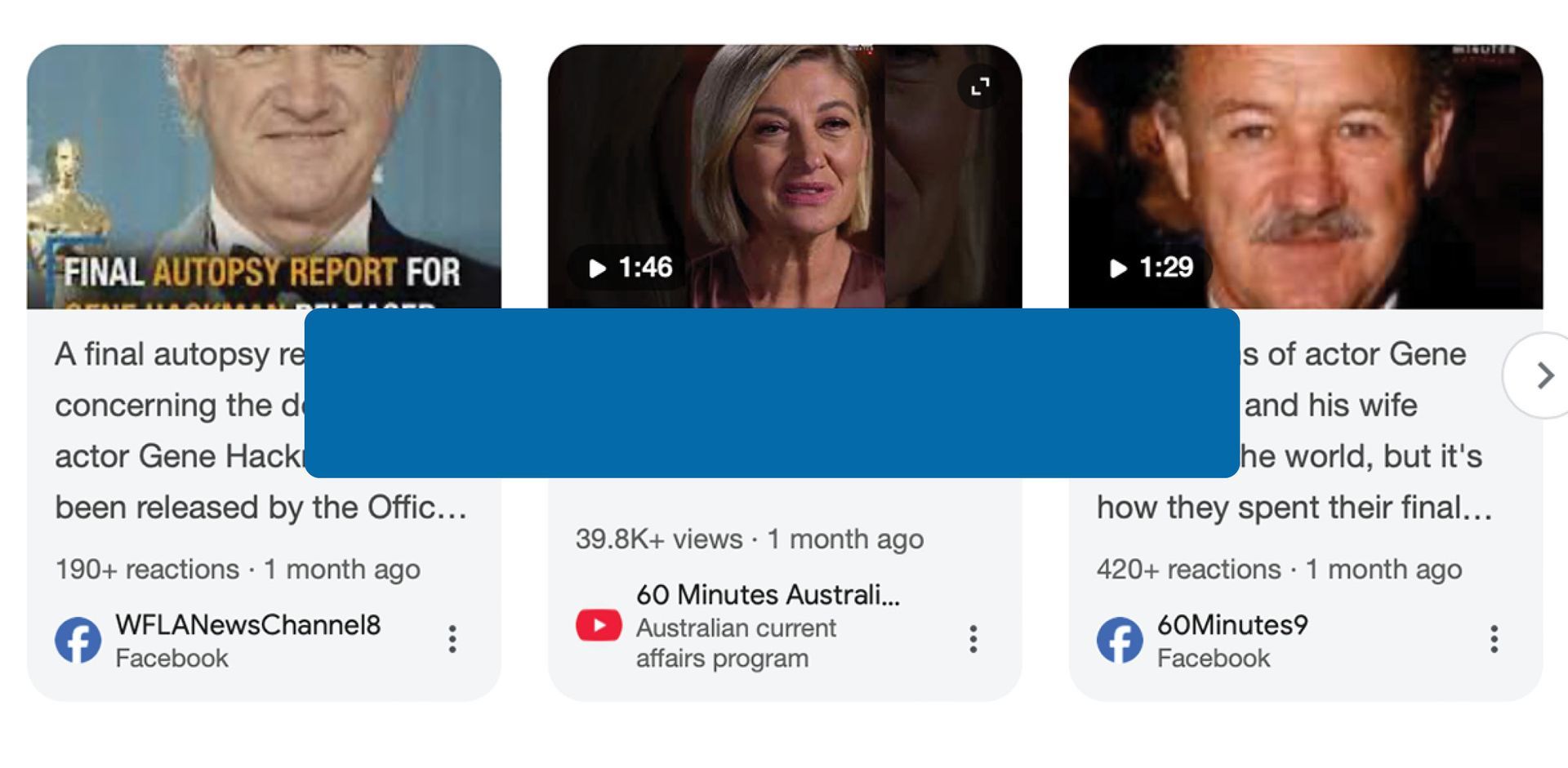CARING FOR A LOVED ONE WITH CHF
Caring for a loved one with any serious illness can feel overwhelming, stressful and frightening. But caring for a loved one with Congestive Heart Failure (CHF) carries a particularly high burden of care. Especially as the disease progresses. Advanced CHF is frightening; the symptoms are distressing and difficult to manage alone. As your loved one's CHF advances they will also become more dependent on you for care and support, both physically and emotionally. Here are some insights to help guide you in this loving and supportive journey of caring for a loved one with CHF.
Understanding CHF
Congestive heart failure is often used interchangeably with Heart Failure (HF), but CHF is a specific type of heart failure that is considered very serious. Congestive Heart Failure, simply put, occurs when the heart muscle doesn't pump blood as well as it should. When this happens, blood often backs up and fluid can build up in the lungs, causing shortness of breath. CHF is not curable, though it is treatable, it is a chronic progressive disease that worsens over time.
According to the Mayo Clinic, in heart failure, the main pumping chambers of the heart (the ventricles) may become stiff and not fill properly between beats. In some people, the heart muscle may become damaged and weakened. The ventricles may stretch to the point that the heart can't pump enough blood through the body.
Over time, the heart can no longer keep up with the typical demands placed on it to pump blood to the rest of the body.
Supporting Your Loved One
When a loved one is diagnosed with congestive heart failure, family members often transition into caregiving without hesitation, acting with commitment and dedication. Yet, you may be questioning how you can best support your loved one as they struggle with the growing toll of CHF. Providing care for a loved one with CHF is likely to involve medical, physical and emotional support.
Their medical needs may include managing and understanding their medications to ensure compliance. Medical compliance will be vital in ensuring symptom management and quality of life. CHF medications can be confusing and taking them as directed may become more difficult for your loved one. Helping with medications is an important way you can provide needed support.
You may be monitoring symptoms and vital signs, taking blood pressure at home and monitoring pulse-oximetry readings. Easy to use blood pressure and pulse oximeters are available at most pharmacies. If your loved one has the support of hospice, your hospice care team will tell you what observations warrant you calling them. They will also regularly monitor vital signs and symptoms on their visits.
Attending your loved one’s doctor’s appointments is another way you can provide effective support. Their physicians will share a lot of information during visits. Listen and take notes. Help your loved one understand what their physician is saying. You can also help keep their doctor informed on how they are truly faring at home by sharing what you are noticing. Are they sleeping more? Do they seem more agitated or confused? Is their appetite declining? Keep their physician informed and let them know of any concerns.
Attending doctor visits can help you gain important insights into CHF and its progression. By understanding what to expect you can better prepare for the days ahead. Do not hesitate to ask questions and keep asking until you feel you have the answers you need.
It will also be important to advocate for your loved one. When your loved one is sharing changing symptoms or concerns, make sure they are understood and heard by their medical providers. Share your observations and concerns. If you feel a symptom, concern or issue is not being addressed, ask about it until it is addressed to your satisfaction.
Progressive diseases like CHF have a very real emotional toll. Your role as a caregiver will also include providing needed emotional support. Encourage your loved one to talk about their feelings. They may hesitate to share these emotions in fear they will distress you, but they will need someone to listen. Suggest they reach out to a good friend or consider joining a support group.
As CHF progresses, your loved one may need more support for routines like bathing, grooming, changing linens, grocery shopping or preparing meals. As a caregiver to someone with CHF you may find yourself playing many roles: part-time nurse, advocate, homemaker, or emotional counselor.
When caregiving duties increase, remember that providing the best care does not mean you have to do it all. Consider aligning support from family and friends. Accepting support and avoiding caregiver burnout will be vital in your ability to continue providing care and support.
When is the right time to consider hospice?
As CHF advances you may notice your loved one’s symptoms are increasing and are more difficult to control; treatments used in the past may no longer work as effectively. Your loved one may be making frequent trips to the ER and being hospitalized more often. At this stage, it will be time to consider what extra level of care and support are needed and it will be helpful to understand options like hospice and palliative care. It will also be important to consider what life is like now for your loved one. What are their goals and wishes? Speak to your loved one’s physician about your loved one’s wishes and goals and ask for their support and recommendations. If their focus has turned to quality of life then hospice might be the answer. Hospice provides incredible support to both the patient and the family caregiver.
Ascend Hospice will work with your loved one’s physicians to develop an individualized plan of care that’s based on their medical needs, accounts for where they are in the disease progression, and maintains a focus on their goals and wishes. Our expert care and symptom control can help your loved one avoid unnecessary hospitalizations and ER visits. We can help you focus on quality of life.



